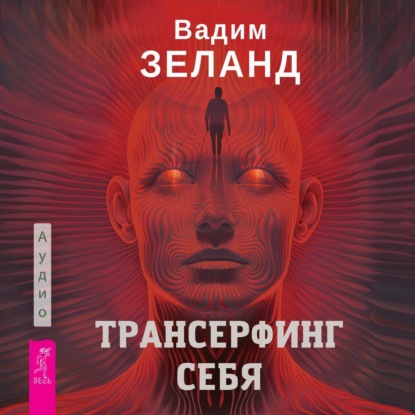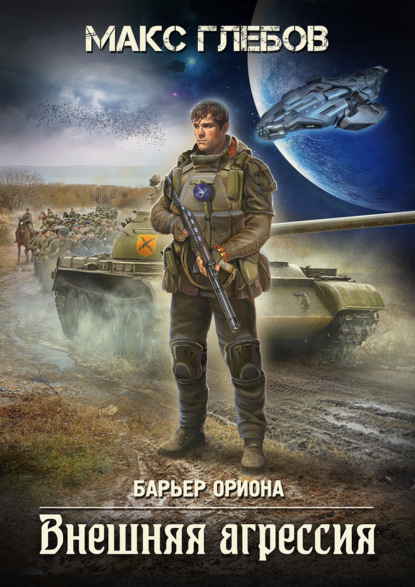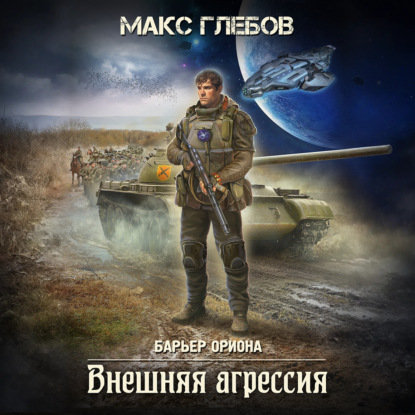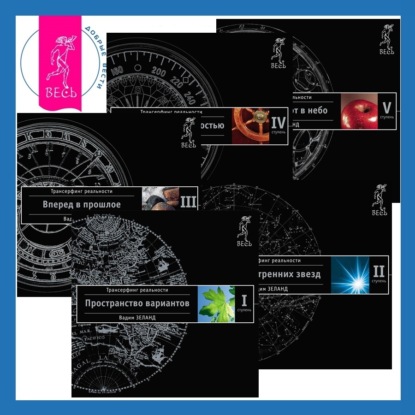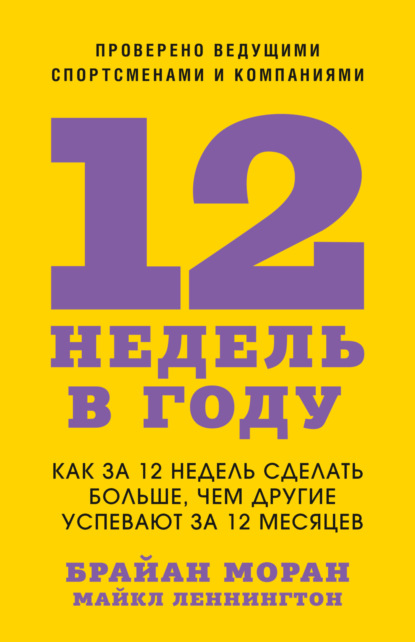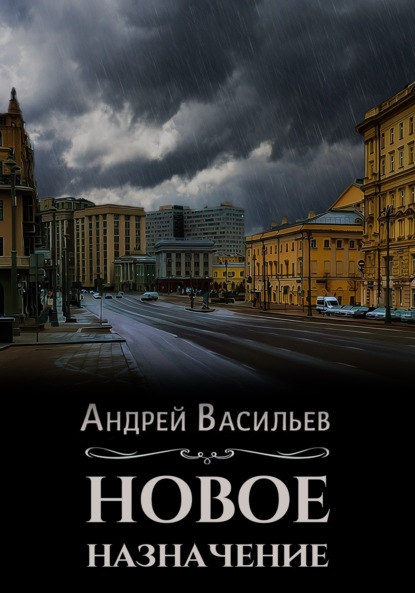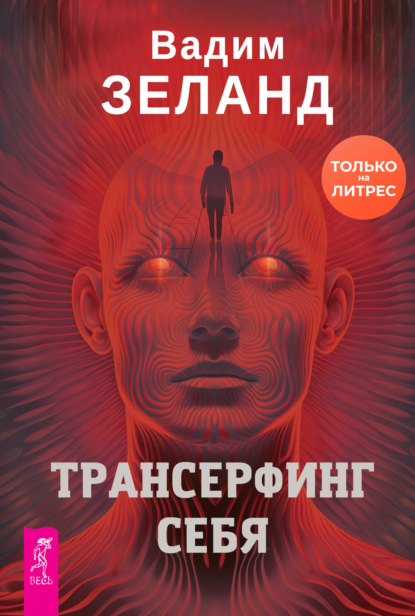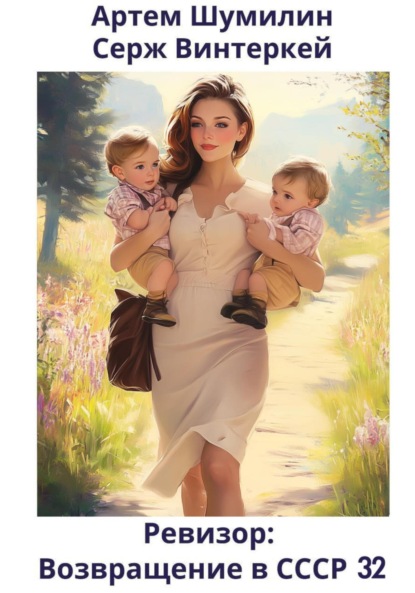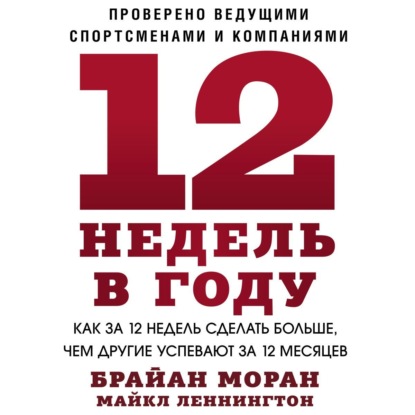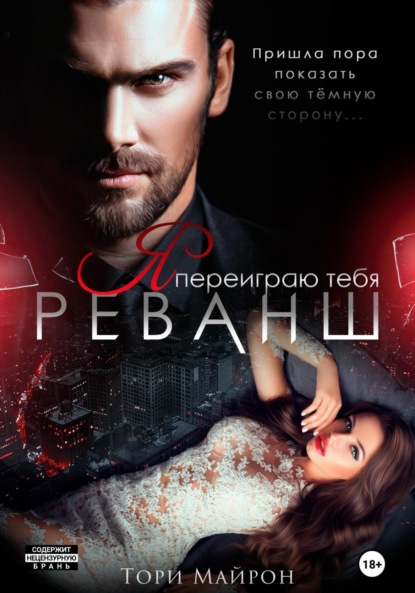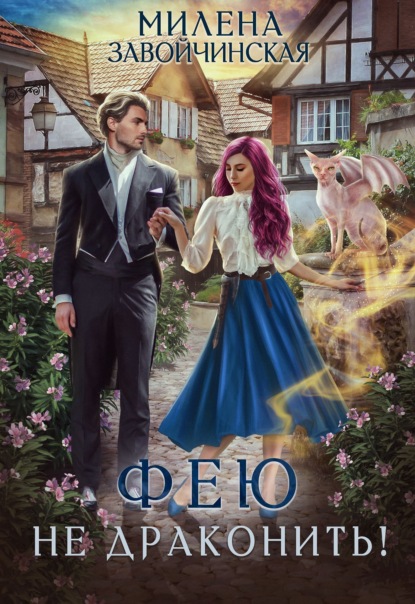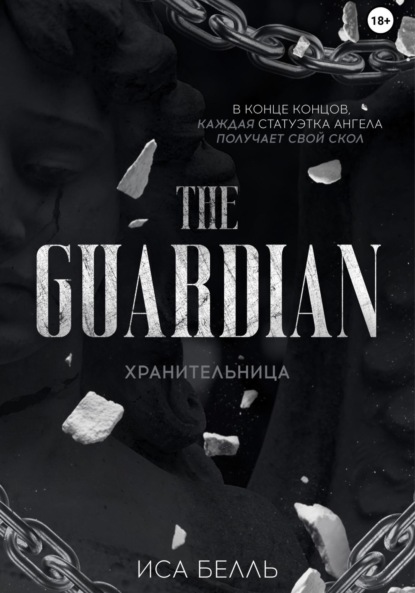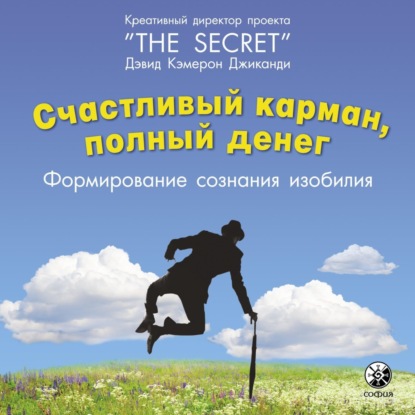Reading the Early Modern Passions Essays in the Cultural History of Emotion Edited by Gail Kern Paster, Katherine Rowe, and Mary Floyd-Wilson "Thanks to the collection as a whole, the complex history of the passions in the early modern mind and body will now take a more prominent place in our study of the literature, art, and music of the period."--MLR "Provides an engaging and extremely useful introduction to historicized explorations of the early modern passions through the lens of the creative arts."--Sixteenth Century Journal How translatable is the language of the emotions across cultures and time? What connotations of particular emotions, strongly felt in the early modern period, have faded or shifted completely in our own? If Western culture has traditionally held emotion to be hostile to reason and the production of scientific knowledge, why and how have the passions been lauded as windows to higher truths? Assessing the changing discourses of feeling and their relevance to the cultural history of affect, Reading the Early Modern Passions offers fourteen interdisciplinary essays on the meanings and representations of the emotional universe of Renaissance Europe in literature, music, and art. Many in the early modern era were preoccupied by the relation of passion to action and believed the passions to be a natural force requiring stringent mental and physical disciplines. In speaking to the question of the historicity and variability of emotions within individuals, several of these essays investigate specific emotions, such as sadness, courage, and fear. Other essays turn to emotions spread throughout society by contemporary events, such as a ruler"s death, the outbreak of war, or religious schism, and discuss how such emotions have widespread consequences in both social practice and theory. Addressing anxieties about the power of emotions; their relation to the public good; their centrality in promoting or disturbing an individual"s relation to God, to monarch, and to fellow human beings, the authors also look at the ways emotion serves as a marker or determinant of gender, ethnicity, and humanity. Contributors to the volume include Zirka Filipczak, Victoria Kahn, Michael Schoenfeldt, Bruce Smith, Richard Strier, and Gary Tomlinson. Gail Kern Paster is Director of the Folger Shakespeare Library and the author of The Body Embarrassed: Drama and the Disciplines of Shame in Early Modern England. Katherine Rowe is Associate Professor of English at Bryn Mawr College. She is the author of Dead Hands: Fictions of Agency, Renaissance to Modern. Mary Floyd-Wilson teaches English literature at the University of North Carolina, Chapel Hill, and is the author of English Ethnicity and Race in Early Modern Drama. 2004 | 392 pages | 6 x 9 | 27 illus. ISBN 978-0-8122-3760-3 | Cloth | $75.00s | ?49.00 ISBN 978-0-8122-1872-5 | Paper | $28.95s | ?19.00 World Rights | Cultural Studies, History Short copy: Authors here investigate specific emotions, such as sadness, courage, and fear. Others turn to emotions spread throughout society by contemporary events, such as a ruler"s death, the outbreak of war, or religious schism, and discuss how such emotions have widespread consequences in both social practice and theory. Это и многое другое вы найдете в книге Reading the Early Modern Passions
Reading the Early Modern Passions (книга)
Подробная информация о книге «Reading the Early Modern Passions ». Сайт не предоставляет возможности читать онлайн или скачать бесплатно книгу «Reading the Early Modern Passions »

